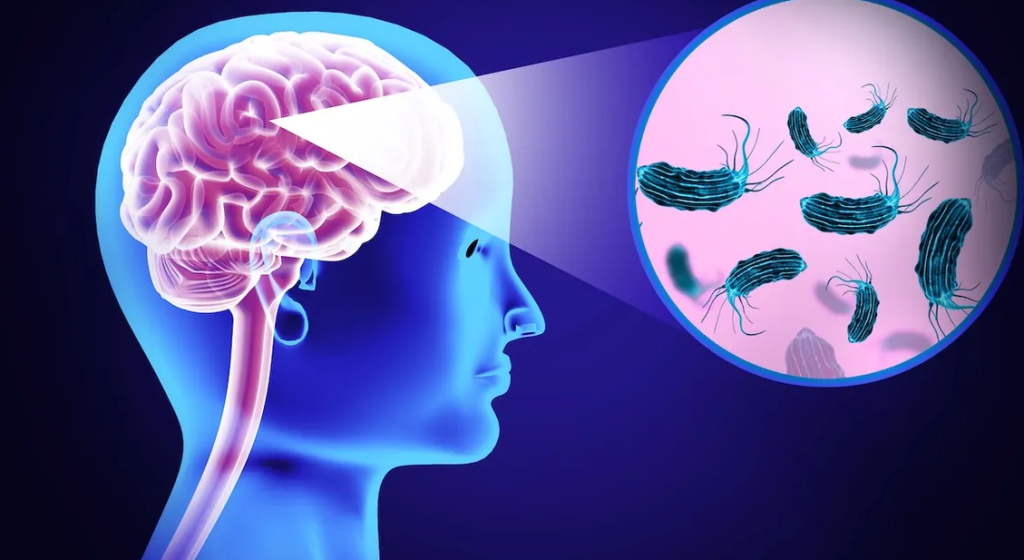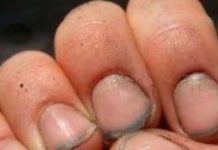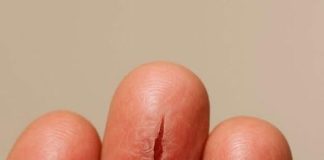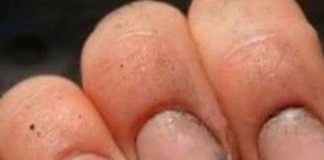A tragic incident in Texas has brought renewed attention to the hidden dangers of using unsterilized tap water for medical or home health purposes. A woman in her late 30s lost her life after contracting a rare but deadly brain infection caused by a microscopic organism known as Naegleria fowleri—often referred to as the “brain-eating amoeba.”
The infection occurred after she used a sinus rinse with tap water, a practice many people perform regularly to relieve nasal congestion or sinus infections. Devices like neti pots or squeeze bottles are commonly used for this purpose. However, they are intended to be used only with sterile, distilled, or previously boiled water. In this tragic case, the woman reportedly used untreated tap water, unaware that it could carry such a fatal risk.

Naegleria fowleri is a free-living amoeba that thrives in warm freshwater environments such as lakes, rivers, hot springs, and occasionally even poorly maintained municipal water systems. When water contaminated with the amoeba enters the nasal passages, it can travel up the olfactory nerve into the brain, causing a devastating condition known as primary amebic meningoencephalitis (PAM). Though infections are extremely rare, they are almost always fatal, with a death rate exceeding 97%.
Early symptoms of PAM often appear within one to nine days after exposure and include headache, fever, nausea, and vomiting. These quickly progress to more severe neurological symptoms like stiff neck, seizures, hallucinations, and coma. In most cases, death occurs within one to two weeks. Because the symptoms resemble those of bacterial meningitis, diagnosis is often delayed—further complicating treatment efforts.
Medical professionals stress that this organism does not pose a risk if swallowed, as stomach acid destroys it. The danger arises only when the contaminated water enters through the nasal passages. That is why health authorities strongly recommend that anyone using sinus rinse methods must use only sterile options: distilled or previously boiled and cooled water, or saline solutions made with sterile water.
The woman’s death has left her community in shock and mourning, as she was known to be in otherwise good health and had no history of immune deficiency. Family and friends described her as vibrant, kind, and active. Her death has now become a cautionary tale for thousands who use similar sinus-cleansing methods at home.
Public health officials are now working to increase awareness about the correct and safe ways to perform sinus rinses. Campaigns include reminders on product packaging, social media outreach, and educational programs through local clinics and pharmacies. The goal is to ensure that people understand the potential dangers of using tap water in ways it was never intended.

In addition to sinus rinsing, health experts warn against using tap water for contact lens care, humidifiers, and nasal inhalers unless the water is properly sterilized. Simple practices like boiling water for one minute (or three minutes at higher altitudes) and allowing it to cool can eliminate most harmful organisms, including Naegleria fowleri.
While the odds of contracting this infection are extremely low, the consequences are often irreversible. This tragedy serves as a stark reminder that even everyday health routines can carry risks if not done properly. It also underscores the importance of public education in preventing rare but deadly health outcomes.
As the family mourns their devastating loss, health professionals hope that increased awareness can prevent another life from being cut short in such a heartbreaking way.

















